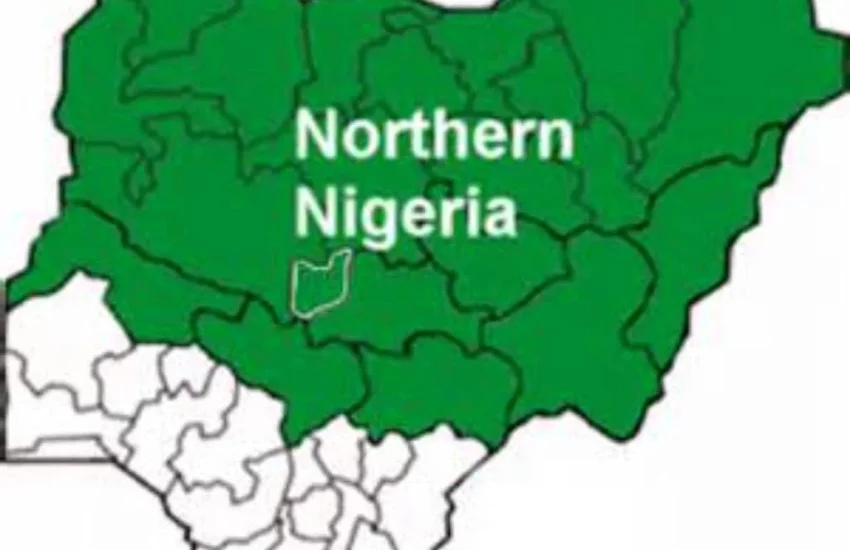According to the most recent Food Security report from the World Bank, a crisis in food security levels is expected to occur in seven states in the North-West and North-East by 2024.
According to the research, violent conflicts and insecurity are lowering living conditions throughout the area; states most at danger include Borno, Adamawa, Kaduna, Katsina, Yobe, Sokoto, and Zamfara.
Apart from Nigeria, the report claimed that several West African nations like Burkina Faso, Chad, and Niger will encounter different levels of food insecurity.
“Until May 2024, the majority of West and Central African regions are expected to remain in the Minimally Food Insecure (IPC Phase 1) category, with a small number falling into the Stressed IPC 2 category.
Because of ongoing instability, armed conflict, and declining livelihoods, Nigeria (the region far north of the states of Adamawa, Borno, Kaduna, Katsina, Sokoto, Yobe, and Zamfara) will be at Crisis food security levels (IPC Phase 3), according to the report.
It went on to say that because of their limited access to markets and humanitarian relief, some Northeastern states, including Abadam, Bama, Guzamala, Marte, and others, may experience emergency food security levels (IPC Phase 4).
In addition, over 63.2% of low-income countries reported having inflation rates above 5%, which represents a 1.3% increase from the previous food update on January 17, 2023. In lower-middle-income countries, 73.9% reported having inflation rates above 5%, while 48% of upper-middle-income countries had unchanged percentages from the previous update.
In high-income nations, more than 44.4% of respondents reported food inflation rates higher than 5%, according to the World Bank. This is a 1.9% drop from the previous food update.
Furthermore, the analysis showed that in 71% of the 165 nations for which data was available, the inflation of food prices exceeded the increase of overall prices in real terms.
The study goes on to emphasize the precarious condition that several states in Nigeria are in as food prices skyrocket, citing the National Bureau of Statistics’ (NBS) most recent CPI report, which places food inflation at over 33%.
The Food and Agriculture Organization (FAO) issued a warning in October, estimating that 5 million Nigerians will be at risk of starvation by 2024.
Furthermore, according to the United Nations (UN) in its Africa Regional Overview of Food Security and Nutrition, roughly 78% of Africans have not been able to afford a healthy diet since the 2020 COVID-19 epidemic began.
President Tinubu raised the issue of national food shortage to the National Security Council in July and declared an emergency. But with food costs still rising, the move has had little to no effect.
According to the froshnaija, protests against rising food costs and widespread hunger in Niger State occurred a few days ago.
